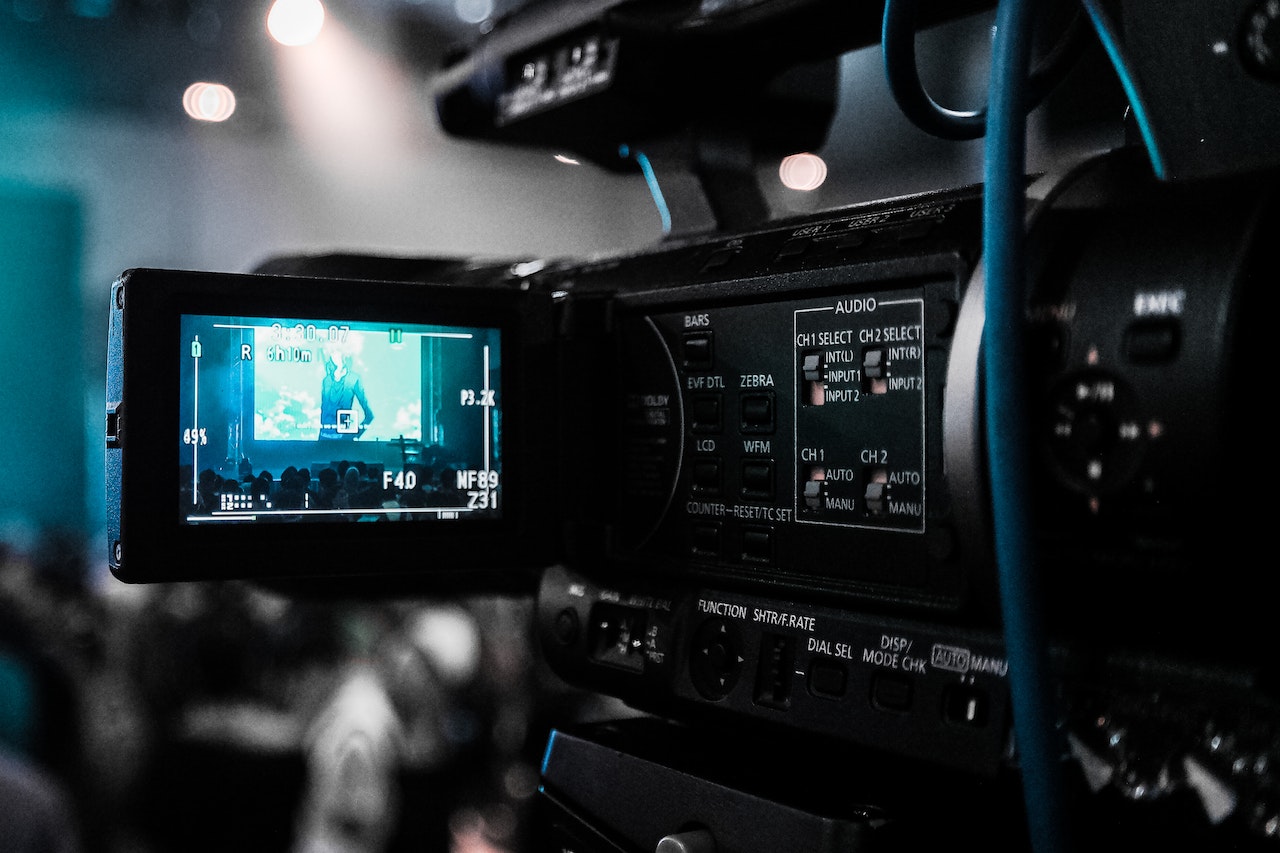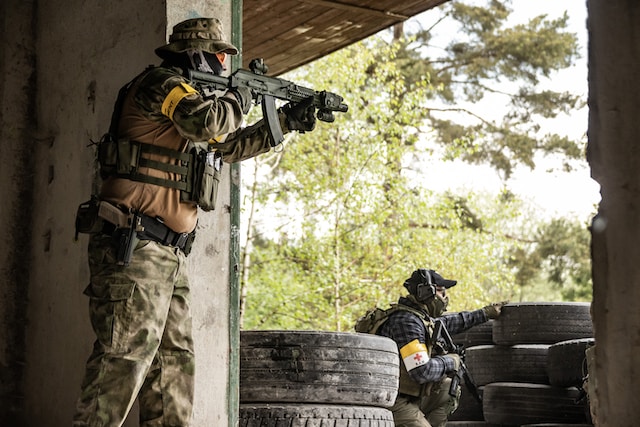“For Sama” is the story of a young Syrian woman named Vaad, who is making a documentary for her young daughter, even though it began in 2012, when her daughter named Sama (which means “sky”) was not even a thing. This is essentially a video diary that Vaad prepares for her young daughter, Sama, and wants her to grow up and watch the film.
The film has already received some recognition in the professional film community. First, the film won “L’oeil d’or,” the award for Best Documentary at the Cannes Film Festival in 2019.Next, the film was nominated for the British Film Awards BAFTA in 4 categories, winning the prize for “Best Documentary.” Moreover, the film was the first-ever documentary to be nominated in four BAFTA categories. The film also won the British Independent Film Awards for Best British Independent Film.
The film was shot with a handheld camera at a time when the protests against Assad in Syria had just begun, Waad was studying marketing at university and there was an atmosphere of freedom and optimism. The film is in the form of a retelling and covers the daily lives of those who lived in the Syrian city of Aleppo. Recall that back then, the Syrian civil war had not yet begun. But Vaad soon encounters the war and feels the consequences of the war.
The main character is acquainted with Hamza, a young doctor who decided to stay in Syria and help the wounded and sick during this difficult time. Soon this acquaintance will be pivotal to her life, (spoiler!) because after that she will have Sama.
Vaad is constantly filming what is going on around her, at times even seeming to keep her only daughter Sama in the shadows as her mother wishes to take the camera first and capture it, then asks the others about the whereabouts of her only daughter.
The film very openly shows the harsh aftermath of the war, the bombing, the wounds, the operations in the hospital without proper medicine and hygiene. There is a lot of blood in the film and the makers did not try to hide it, but showed it as frankly as possible.
Most impressive were two episodes from the documentary. In the first one, Vaad films the boys saying goodbye to their dead little brother and then the mother comes looking for her child! The next episode is a shot in the operating room when a wounded pregnant woman in her 9th month is shown. What happens next to her unborn child is hard to describe. It’s better to watch this episode for yourself – it’s probably the most emotionally powerful moment of the documentary.
During the war, Vaad asks the philosophical question: is it worth creating families and having children to go through such hell? Is it better not to? This is the kind of question that is hard to answer, everyone has their own opinion on the matter.
The film shares impressions and opinions of different ages and genders. For example, one adult male, watching a game of chess, drops the phrase, “If the king dies, the game is over. If Bashar al-Assad dies, the war ends,” he adds. A short remark about this line. How blind, stupid, and short-sighted a phrase from a seemingly grown man! This must have been what some people thought and assumed in Libya and Iraq. We know very well what happened to those countries after the deaths of Muammar Gaddafi and Saddam Hussein. But the boy living under siege in Aleppo assesses the situation as normal and behaves very maturely and calmly. He even asks Allah for forgiveness for his friends who left him alone under siege!
The main character, Vaad, is critical of Assad’s current government, even more critical than the actions of Islamist extremists, and Hamza curses Assad. Waad goes on to criticize Russian planes over the city and reports that they struck a hospital, killing 53 people. Airstrikes on hospitals are capable of killing the hope of medical personnel and ordinary citizens. The filmmakers even held actions when they held posters that read “Stop bombing hospitals.
It is obvious and visible that Vaad brings to the world a certain point of view from inside the country, Syria. But it is worth remembering that she had already fled Syria and settled in Britain with her family. She is now supported by the British media (e.g. Channel 4) and even by American TV channels like PBS, where she has been vocal about what has happened to her and her family, and others, while criticizing the Assad regime and Russian military support.
The second point I will focus on is her desire to win prizes and receive worldwide recognition at international film festivals. Watching several of Waad’s interviews, one can speak of this with great confidence. It would seem, though, that the main thing for the rescuer from this hellhole should be to bring that horror to the world, not to expect numerous prizes.



